Lithuanian authorities have uncovered a covert operation involving a Russian-backed network responsible for sending explosive packages across Europe. The investigation, led by Lithuania’s prosecutor general’s office, reveals that these parcels contained incendiary devices designed to cause significant damage.
Details of the Operation
According to Lithuanian prosecutors, the explosive devices were concealed within items such as massage cushions and tubes of cosmetics. These packages were dispatched from Vilnius on July 19 of the previous year, using major courier services like DHL and DPD. The devices included thermite—a highly flammable substance—equipped with timed detonators.
The parcels were routed through various European countries, with incidents reported in Germany, Poland, and the United Kingdom. Notably, one package ignited at a DHL logistics center in Leipzig, Germany, while another exploded in a DPD truck traveling through Poland. A third device detonated in a DHL warehouse in Birmingham, UK. Fortunately, these explosions resulted in no fatalities, but they caused significant disruptions to logistics operations.
Connection to Russian Military Intelligence
The Lithuanian investigation has linked the operation to Russian military intelligence, specifically the GRU. Authorities have issued international arrest warrants for three individuals suspected of orchestrating these attacks. The operation is believed to be part of a broader strategy by Russia to destabilize Europe, particularly countries that have shown strong support for Ukraine amidst ongoing tensions in the region.
Wider Implications
This revelation underscores the increasing use of unconventional warfare tactics by state actors. The deployment of explosive packages via commercial courier services highlights vulnerabilities in global logistics networks and raises concerns about the safety of international trade and communication channels.
European nations are now reassessing their security protocols to address such threats. The incident serves as a stark reminder of the complex and evolving nature of geopolitical conflicts, where non-traditional methods are employed to achieve strategic objectives.
As investigations continue, European authorities are collaborating to strengthen countermeasures against similar covert operations, aiming to safeguard public safety and maintain the integrity of international trade systems.

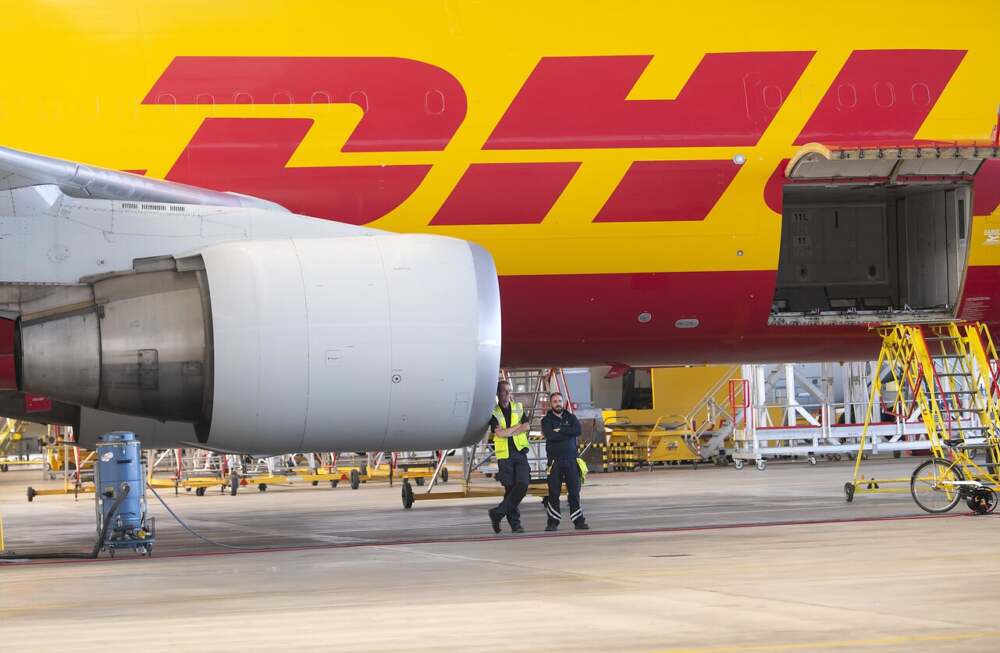

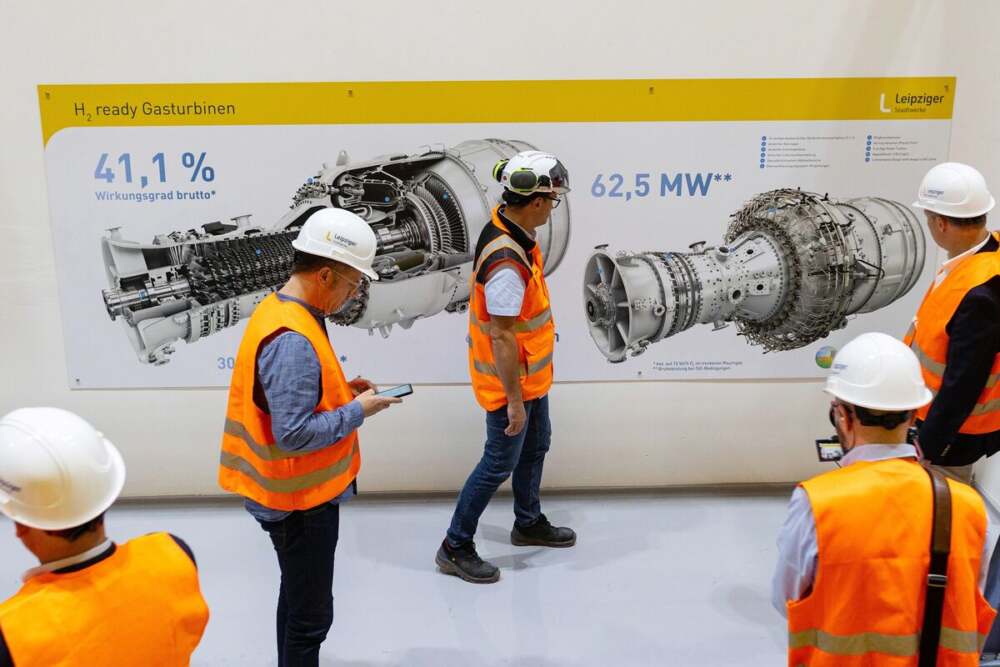

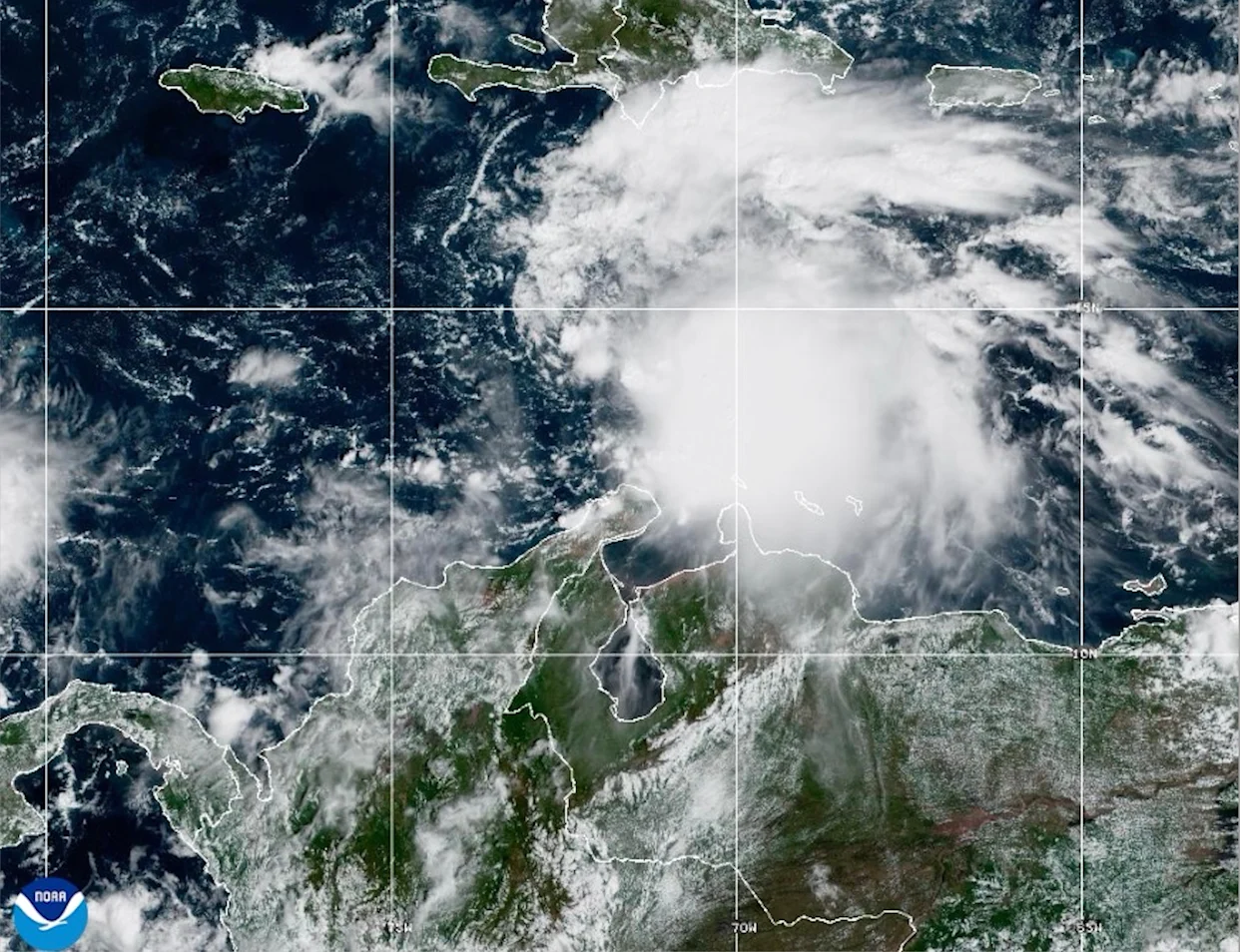


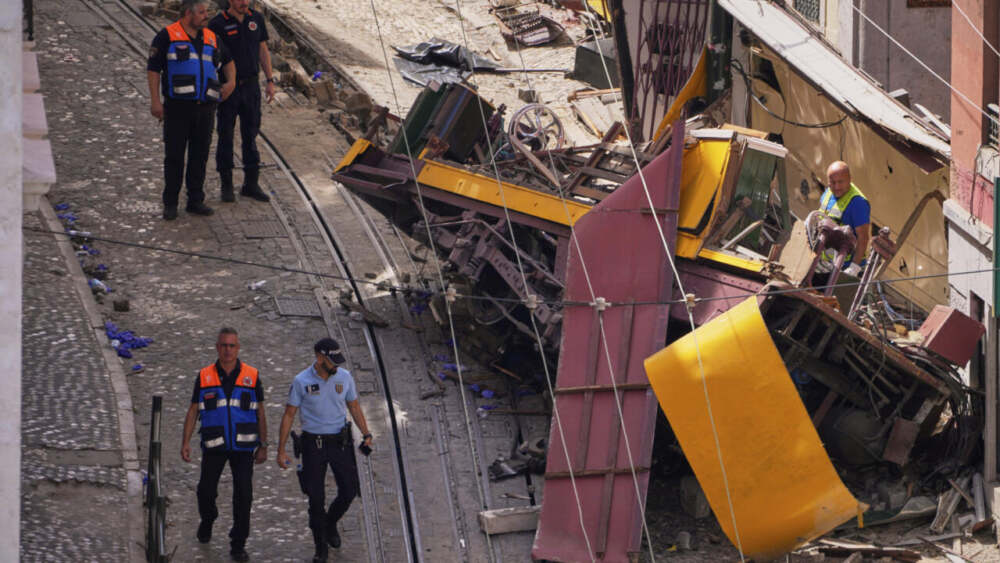
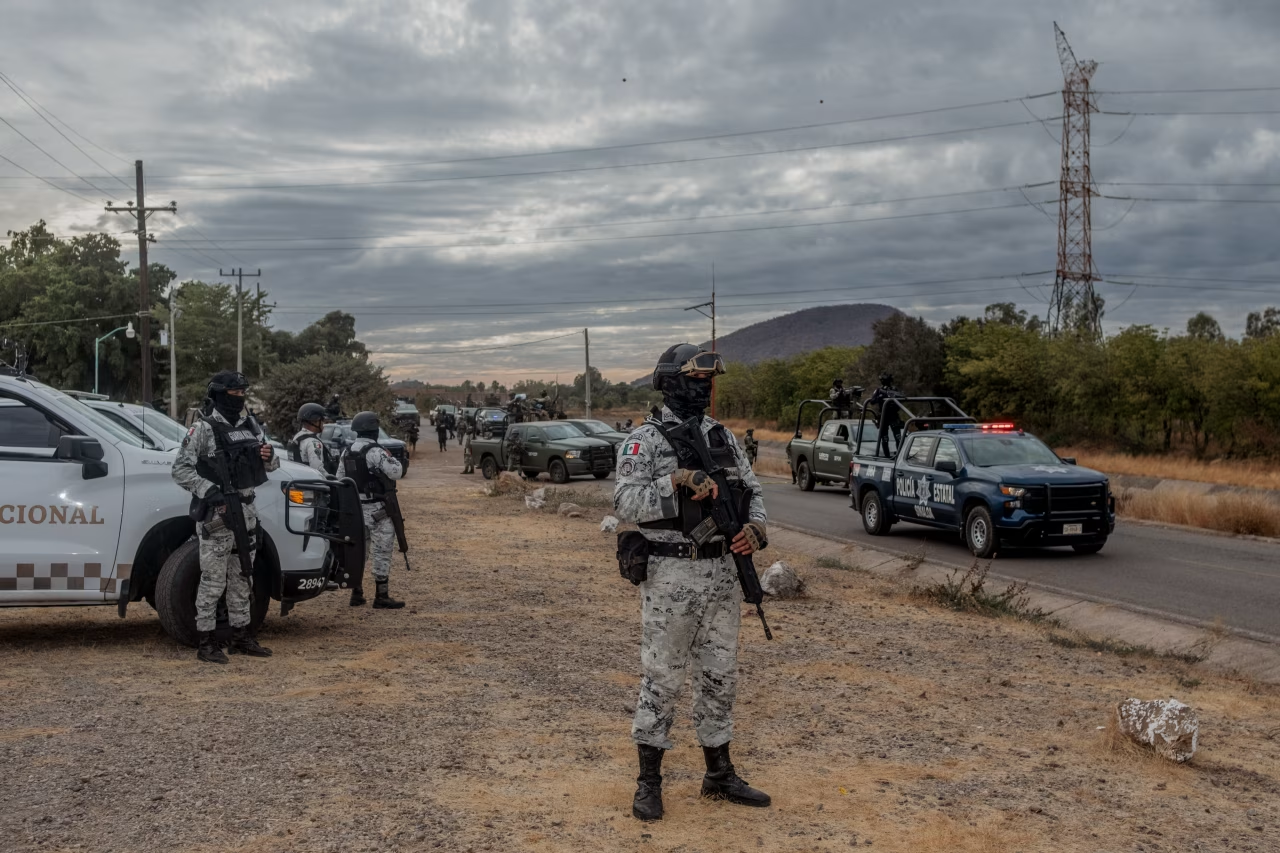






Leave a Reply